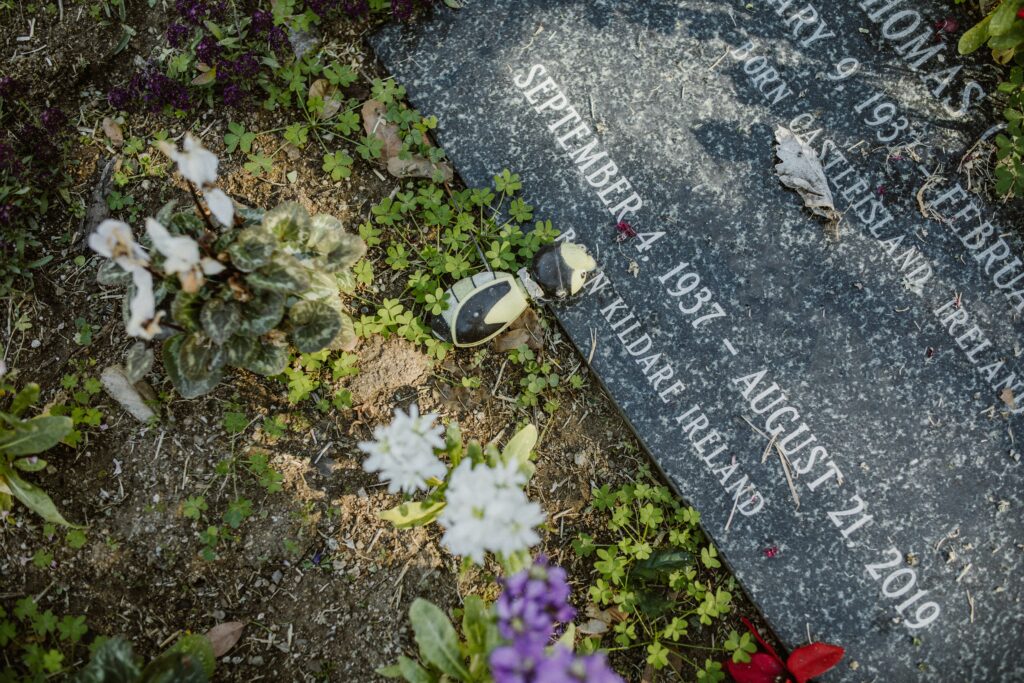In the grand tapestry of existence, one enigma continues to captivate the human mind like no other – the enigmatic realm of life after death. Throughout history, cultures have grappled with questions that transcend the boundaries of empirical understanding: What happens to the essence of our being once the mortal coil is shed? Is there an afterlife, or does the void claim us all? In this exploration, we embark on a journey into the unknown, seeking to unravel the intricate fabric of beliefs, philosophies, and scientific hypotheses that surround the mysteries of life after death.
Crossing the Threshold: The Diversity of Beliefs
Spanning across cultures, civilizations, and eras, humanity has woven an elaborate tapestry of beliefs about what lies beyond the mortal realm. From the ancient Egyptian concept of passing through the Duat, a realm of judgment, to the Christian notion of heaven and hell, these beliefs reveal a shared human desire for an existence beyond the limits of this world. Eastern philosophies, such as Buddhism and Hinduism, propose cycles of reincarnation, suggesting that the soul embarks on a perpetual journey of growth and enlightenment. While each belief system offers a distinct lens through which to view the afterlife, they all attest to the innate human quest for understanding the transition from life to the great unknown.
Echoes of Science: The Rational Exploration
In the modern era, the quest to uncover the truth about life after death has taken on a more scientific veneer. Near-death experiences (NDEs) have provided tantalizing glimpses into a realm beyond, as individuals report vivid accounts of tunnel visions, out-of-body sensations, and encounters with deceased loved ones. While skeptics argue that these phenomena can be attributed to the brain’s intricate chemistry, proponents suggest that NDEs offer empirical evidence of consciousness persisting beyond clinical death. The tantalizing notion of consciousness as an entity distinct from the physical body has ignited fervent debates within the scientific community, pushing the boundaries of conventional understanding.
The Paradox of Immortality: Ethical and Moral Implications
As we delve deeper into the mysteries of life after death, we encounter a conundrum that transcends the realm of metaphysics – the ethical implications of immortality. The allure of eternal existence raises fundamental questions about the human experience: Would the finite nature of life lose its intrinsic value without the specter of death? Would the concept of morality lose its foundation in the face of boundless existence? These philosophical quandaries force us to reexamine the very fabric of our moral compass, challenging us to envision a world where life, death, and existence intertwine in unprecedented ways.
Beyond the Horizon: Exploring New Avenues of Understanding
As technology and human knowledge advance at an exponential pace, new avenues of understanding the mysteries of life after death beckon. Transhumanism, the fusion of human consciousness with artificial intelligence, has emerged as a novel proposition that blurs the lines between mortality and immortality. Could uploading one’s consciousness into a digital realm pave the way for a form of existence beyond the physical body? The fusion of science fiction and reality takes center stage as futurists and thinkers speculate about the possibilities that lie ahead.
In the grand symphony of human thought, the question of life after death continues to reverberate through the corridors of time. As we peer into the abyss of the unknown, we are compelled to confront the limits of our understanding and embrace the beauty of the unanswered. Whether approached through the prism of faith, reason, or innovation, the mysteries of life after death remind us of the boundless potential of the human spirit to grapple with the profound and transcend the constraints of mortality. As we embark on this journey of exploration, let us not forget that the quest for answers is, in itself, a testament to the indomitable curiosity that defines our shared human experience.








